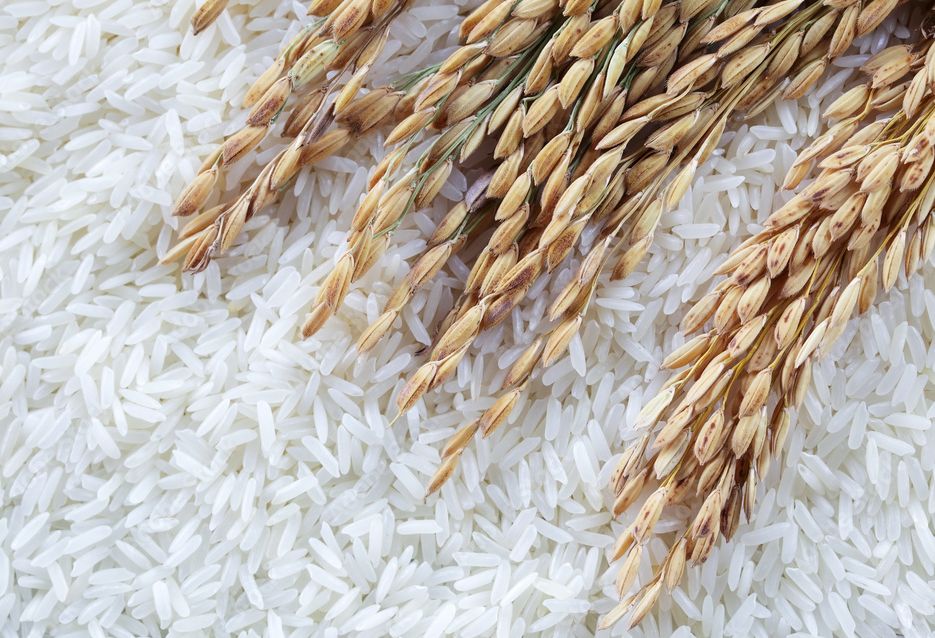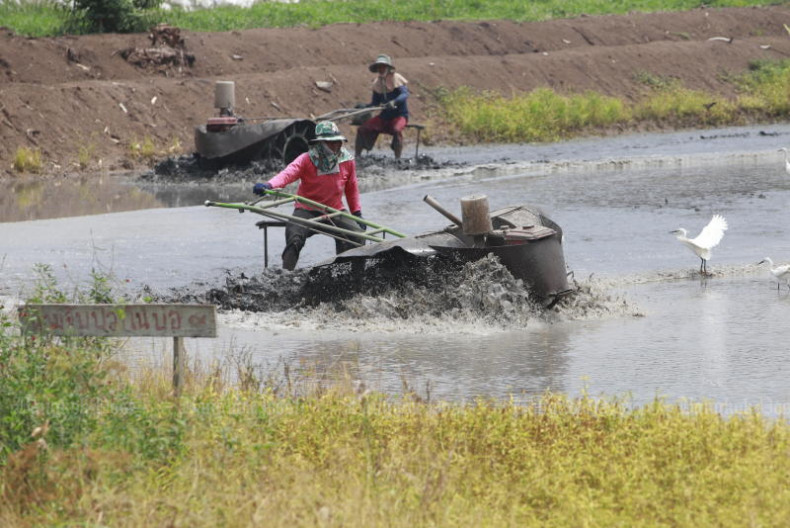Tags
720 tonnes of rice imports seized over quality
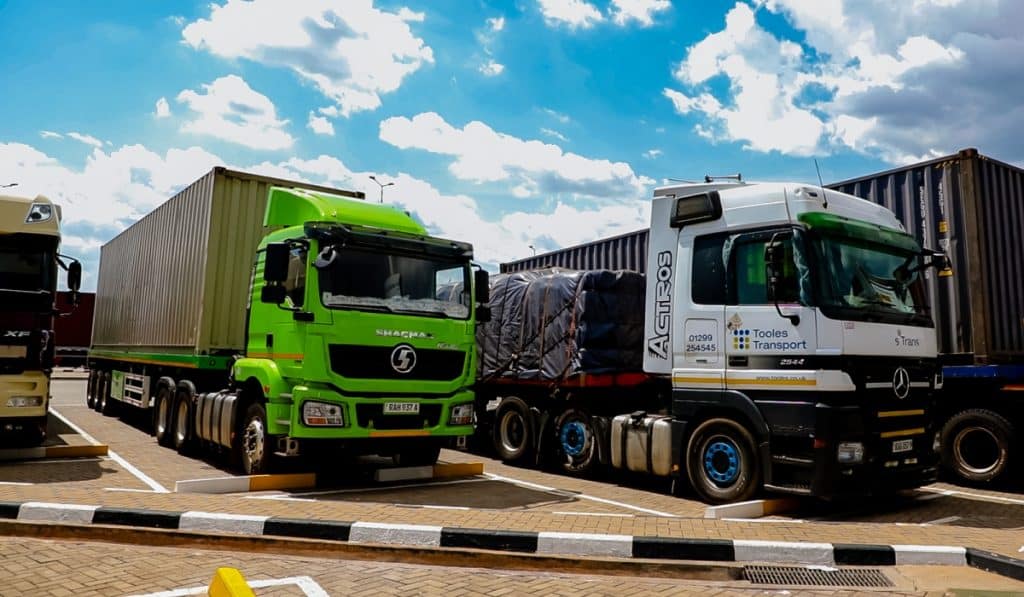
Trucks carrying low-quality rice that was confiscated by the Rwanda Revenue Authority park at Dubai Ports World Rwanda in Kigali.
Rwanda Revenue Authority (RRA) and Rwanda Food and Drugs Authority (FDA) on Friday, March 15, stopped the sale of around 720 tonnes of imported rice, saying it contained too many broken grains and was unfit for human consumption.
The seized rice, belonging to different importers, fell short of the quality advertised on its packaging. This means some importers were potentially selling lower-grade rice at higher prices.
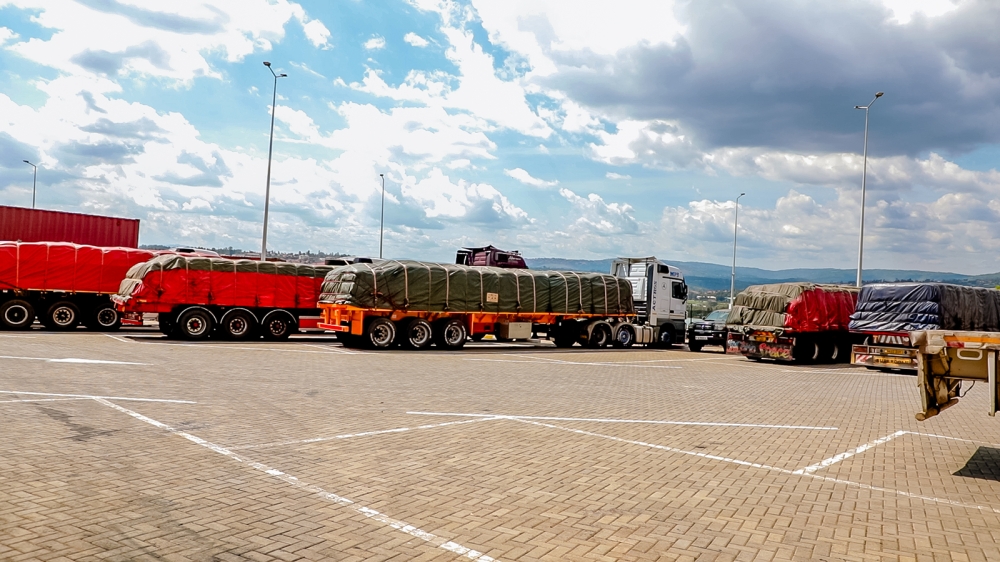
This not only affects consumer trust but also raises questions about fair pricing, authorities said.
The recent rise in rice imports, particularly from Tanzania, prompted the RRA to investigate.
While increased rice availability is generally positive, authorities wanted to ensure importers were paying the correct taxes, especially after a government decision to exempt rice and maize flour from value added tax (VAT).
“We noticed an unusually large quantity of imported rice, which was, on one side, good for the local market,” RRA Commissioner General, Bizimana Ruganintwali Pascal explained.
“While beneficial for the population, it raised our attention on how these importers declare their taxes, specifically income tax, as exempting VAT increases the income tax to be declared,” he added.
The RRA Commissioner indicated that they also noticed irregularities in issuing electronic invoices (EBM) along the process, prompting them to conduct further investigation.
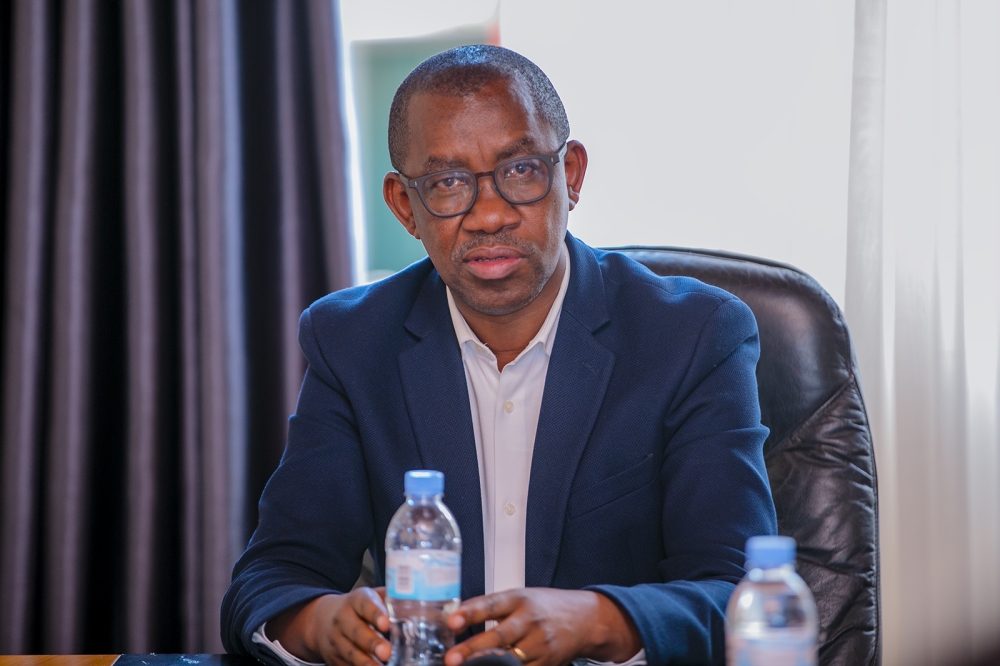
Upon inspection, authorities discovered that most of the rice had much more broken grains than allowed. This means the rice was lower quality than importers had claimed.
“During the inspections, we discovered discrepancies, particularly on the rate of broken grains. For instance, out of 26 trucks tested, only three had rice matching the acceptable standards,” Ruganintwali noted.
In principle, authorities say, the first category of rice allowed to be sold on the local market should notexceed 5 per cent of broken grains, 15 per cent for the second category, and 25 per cent for the third category.
The first category of the confiscated rice contained up to 57 per cent of broken grains. The FDA said this type of rice was not suitable for people to consume, instead it might be used for industrial purposes or as animal feed.
Some importers, including Kagabo Haruna, who had 105 tonnes confiscated and Beatrice Nyiraremezo, who was importing 70 tonnes of rice, admitted they made a mistake by buying from unreliable suppliers and will follow proper regulations in the future.
The government is reviewing the system for classifying and taxing rice based on quality.
Rwanda is also working on increasing its own rice production to meet the growing demand. The country currently imports a significant amount of rice from countries such as Tanzania, Pakistan, India, Vietnam and Thailand.
The national Rice Development Strategy (2021-2030) provides that at least 9,000 hectares of new marshlands will be developed and at least 3,000 ha of existing marshland will be rehabilitated for rice cultivation by 2024.
An additional 4,600 hectares of new marshlands will be developed for rice cultivation by 2030.
https://www.newtimes.co.rw/article/15293/news/rwanda/720-tonnes-of-rice-imports-seized-over-qualityPublished Date: March 16, 2024





